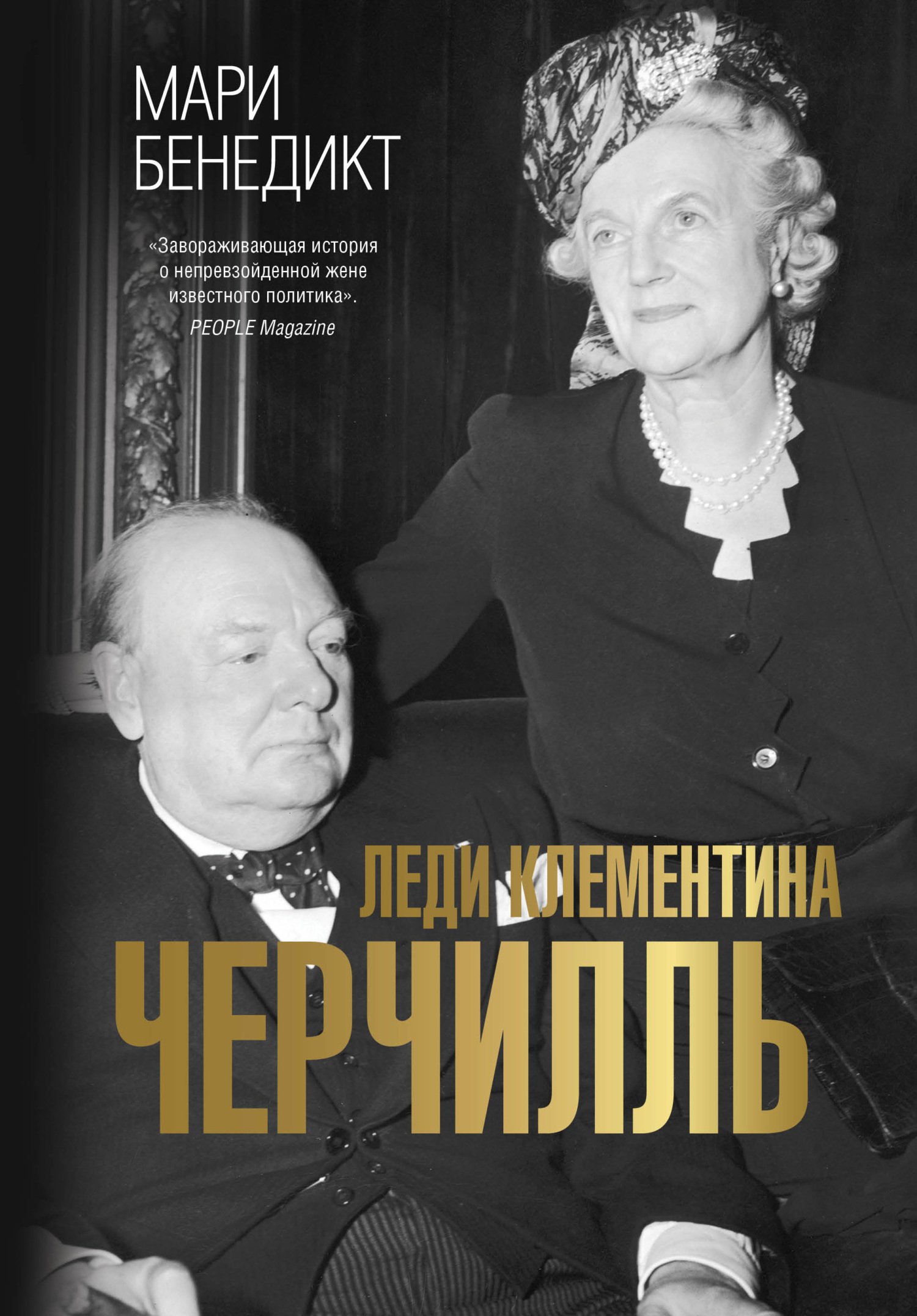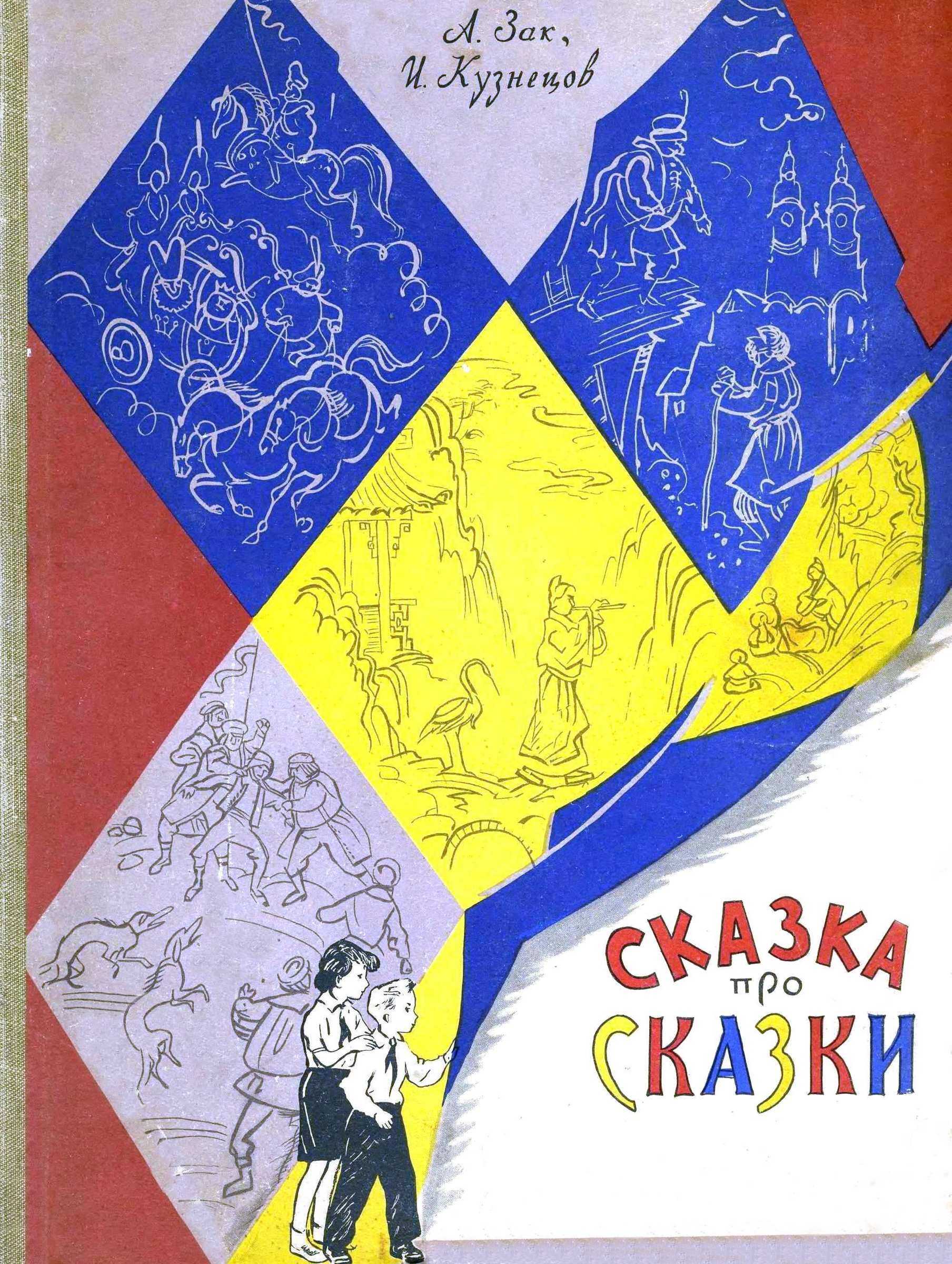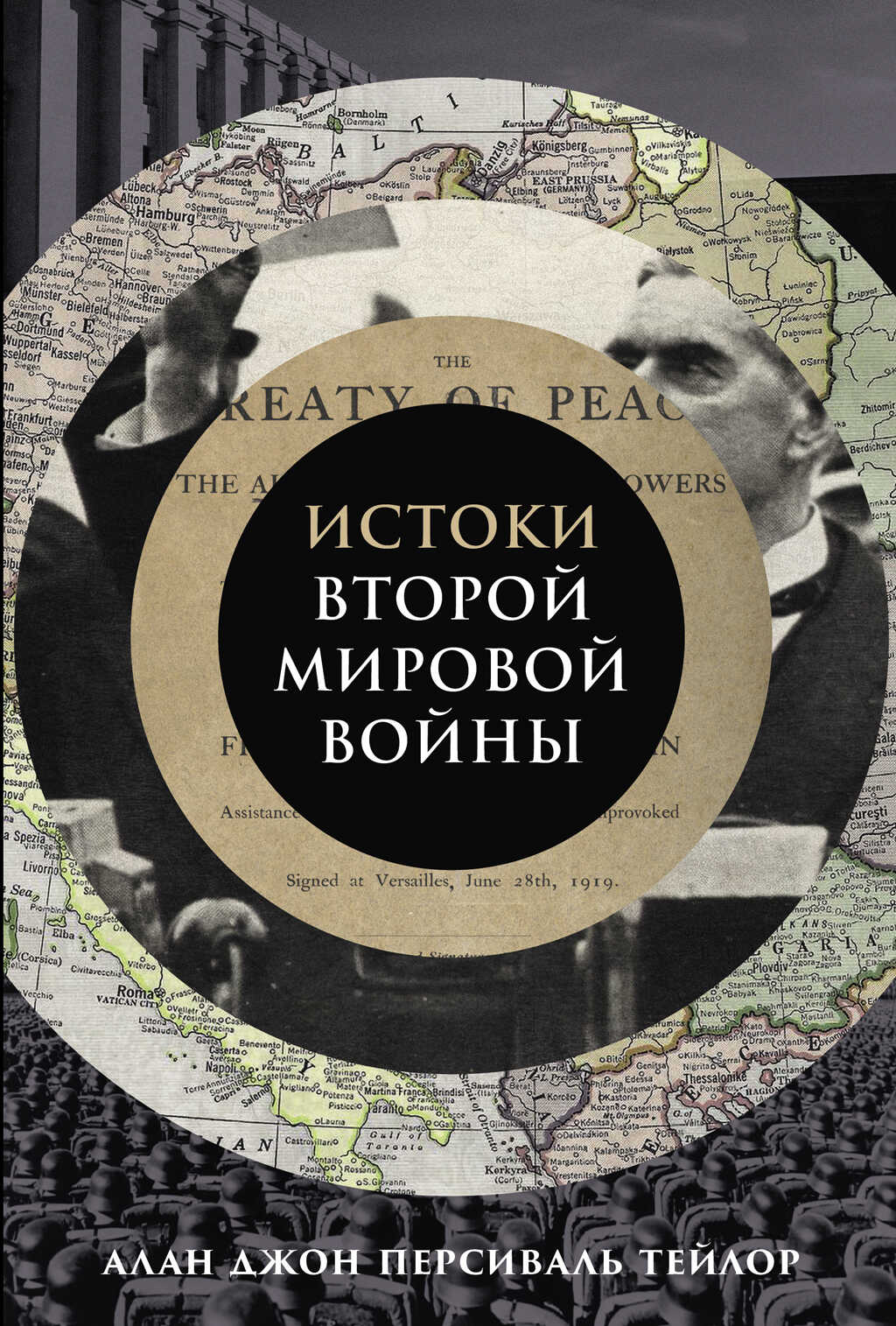Ознакомительная версия. Доступно 23 страниц из 113
UK Values Survey, Common Cause Foundation (2016).
525
Milton Friedman, ‘The Methodology of Positive Economics’, in Essays in Positive Economics (Chicago, 1966).
526
Sanford E. DeVoe and Jeffrey Pfeffer, ‘The Stingy Hour: How Accounting for Time Affects Volunteering’, Personality and Social Psychology Bulletin, Vol. 36, Issue 4 (2010).
527
Steve Crabtee, ‘Worldwide, 13 % of Employees Are Engaged at Work’, Gallup (8 October 2013).
528
Wiljan van den Berge and Bas ter Weel, Baanpolarisatie in Nederland. CPB Policy Brief, Statistics Netherlands (2015), p. 14.
529
Цит. по: Enzo van Steenbergen and Jeroen Wester, ‘Hogepriester van de kleinschalige zorg’, NRC Handelsblad (12 March 2016). Некоторые конкуренты критикуют Buurtzorg за то, что они передают пациентов с серьезными медицинскими проблемами другим поставщикам медицинских услуг, но доказательств этого нет. Напротив, консультант KPMG Давид Иккерсхейм пишет, что услуги Buurtzorg дешевле и качественнее даже с поправкой на нагрузку. См. David Ikkersheim, ‘Buurtzorg: hoe zat het ook alweer?’, Skipr (9 May 2016).
530
Цит. по: Stevo Akkerman, ‘Betere zorg zonder strategische fratsen’, Trouw (1 March 2016).
531
Цит. по: The Corporate Rebels, ‘FAVI. How Zobrist Broke Down Favi’s Command-And-Control Structures’, corporate-rebels.com (4 January 2017).
532
Patrick Gilbert, Nathalie Raulet Crozet and Anne-Charlotte Teglborg, ‘Work Organisation and Innovation – Case Study: FAVI, France’, European Foundation for the Improvement of Living and Working Conditions (2013).
533
Stephen Moss, Natural Childhood Report (National Trust), p. 5.
534
John Bingham, ‘British Children among Most Housebound in World’, Daily Telegraph (22 March 2016).
535
S. L. Hofferth and J. F. Sandberg, ‘Changes in American Children’s Time, 1981–1997’, in S. L. Hofferth and J. Owens (eds), Children at the Millennium: Where Have We Come from? Where Are We Going? (Stamford, 2001).
536
Peter Gray, ‘The Decline of Play and the Rise of Psychopathology in Children and Adolescents’, American Journal of Play, Vol. 23, Issue 4 (2011), p. 450.
537
Jantje Beton / Kantar Public (TNS NIPO), Buitenspelen Onderzoek 2018, jantjebeton.nl (17 April 2018).
538
Frank Huiskamp, ‘Rapport: Nederlandse leerlingen zijn niet gemotiveerd’, NRC Handelsblad (16 April 2014).
539
Gezinsrapport. Een portret van het gezinsleven in Nederland, Netherlands Institute for Social Research (The Hague, 2011).
540
Rebecca Rosen, ‘America’s Workers: Stressed Out, Overwhelmed, Totally Exhausted’, The Atlantic (27 March 2014).
541
Jessica Lahey, ‘Why Kids Care More About Achievement Than Helping Others’, The Atlantic (25 June 2014).
542
См., например, C. Page Moreau and Marit Gundersen Engeset, ‘The Downstream Consequences of Problem-Solving Mindsets: How Playing with LEGO Influences Creativity’, Journal of Marketing Research, Vol. 53, Issue 1 (2016).
543
Peter Gray, ‘The Play Deficit’, Aeon (18 September 2013).
544
How to Tame a Fox (And Build a Dog) (2017), p. 73.
545
Sarah Zielinski, ‘Five Surprising Animals That Play’, Science News (20 February 2015).
546
Johan Huizinga, Homo Ludens. Proeve eener bepaling van het spelelement der cultuur (1938).
547
Peter Gray, ‘Play as a Foundation for Hunter Gatherer Social Existence’, American Journal of Play (Spring 2009).
548
Jared Diamond, The World Until Yesterday. What Can We Learn From Traditional Societies? (London, 2013), p. 204.
549
Jared Diamond, The World Until Yesterday. What Can We Learn From Traditional Societies? (London, 2013), p. 194.
550
Цит. по: J. Mulhern, A History of Education, a Social Interpretation (New York, 1959), p. 383.
551
James C. Scott, Two Cheers for Anarchism. Six Easy Pieces on Autonomy, Dignity and Meaningful Work and Play (Princeton, 2012), p. 54–55.
552
Основополагающая работа по этой теме – Eugen Weber, Peasants into Frenchmen: The Modernization of Rural France, 1870–1914 (Stanford, 1976).
553
Howard p. Chudacoff, Children at Play. An American History (New York, 2008).
554
Peter Gray, ‘The Decline of Play and the Rise of Psychopathology in Children and Adolescents’ (2011).
555
Цит. по: Robert Dighton, ‘The Context and Background of the First Adventure Playground’, adventureplay.org.uk.
556
Цит. по: Colin Ward, Anarchy in Action (London, 1996), p. 89.
557
Цит. по: Arvid Bengtsson, Adventure Playgrounds, Crosby Lockwood (1972), pp. 20–21.
558
Цит. по: Penny Wilson, ‘Children are more complicated than kettles. The life and work of Lady Allen of Hurtwood’, theinternationale.com (2013).
559
Penny Wilson, ‘Children are more complicated than kettles. The life and work of Lady Allen of Hurtwood’, theinternationale.com (2013).
560
Penny Wilson, ‘Children are more complicated than kettles. The life and work of Lady Allen of Hurtwood’, theinternationale.com (2013).
561
Mariana Brussoni et al., ‘What is the Relationship between Risky Outdoor Play and Health in Children? A Systematic Review’, International Journal of Environmental Research and Public Health, Vol. 12, Issue 6 (8 June 2015).
562
Цит. по: Rebecca Mead, ‘State of Play’, The New Yorker (5 July 2010).
563
Erving Goffman, ‘On the Characteristics of Total Institutions’ (1957).
564
Robin Bonifas, Bullying
Ознакомительная версия. Доступно 23 страниц из 113



















